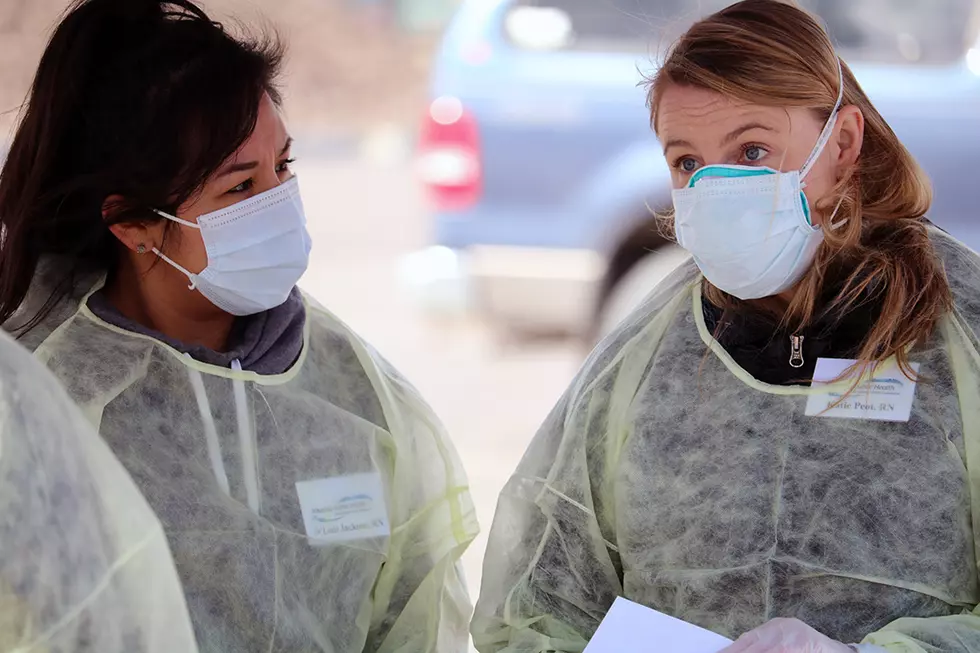
Missoula County officially ends emergency declaration over Covid
Martin Kidston
(Missoula Current) More than two years after issuing an emergency proclamation due to coronavirus, Missoula County officially retracted it on Tuesday, citing similar federal and state declarations.
The proclamation, which was initially made in March 2020, enabled the county to track certain expenses related to the pandemic and submit reimbursement claims to the federal government.
“Because the federal declaration is waning and the state declaration has already waned, it's time for us to end ours,” said county CAO Chris Lounsbury. “The reason we called a separate local state of emergency was to directly access funds for the non-congregant shelter we were able to provide at the Sleepy Inn, so we could directly access federal resources without the state having to be in the approval chain.”
The Missoula City Council in April 2020 approved the purchase of the Sleepy Inn using roughly $1.1 million in tax increment financing provided by the Missoula Redevelopment Agency. The facility went on to serve as a quarantine, or non-congregant shelter, for the city's vulnerable residents who had few other options when needing to isolate.
At the time, the Federal Emergency Management Agency had authorized such shelters and was reimbursing 75% of the operating costs while the state covered the remaining 25%.
Last year, the city suggested the Sleepy Inn served more than 260 individuals, including 21 identified as high risk. It also said FEMA reimbursed around $1.8 million in operating expenses while the city collected around $718,000 in rent.
But now that the pandemic has ended, the city is soliciting redevelopment proposals for the property. It's set to become a cornerstone development for the West Broadway corridor with a blend of retail and housing.
Gov. Greg Gianforte last July announced an official end of Montana's state of emergency surrounding the Covid pandemic. President Joe Biden this summer suggested the pandemic was over.
“Now that the non-congregant shelter is no longer in use, vaccinations are widely available, and federal resources are no longer tied to this emergency declaration, it makes sense to end our proclamation,” Lounsbury said.
